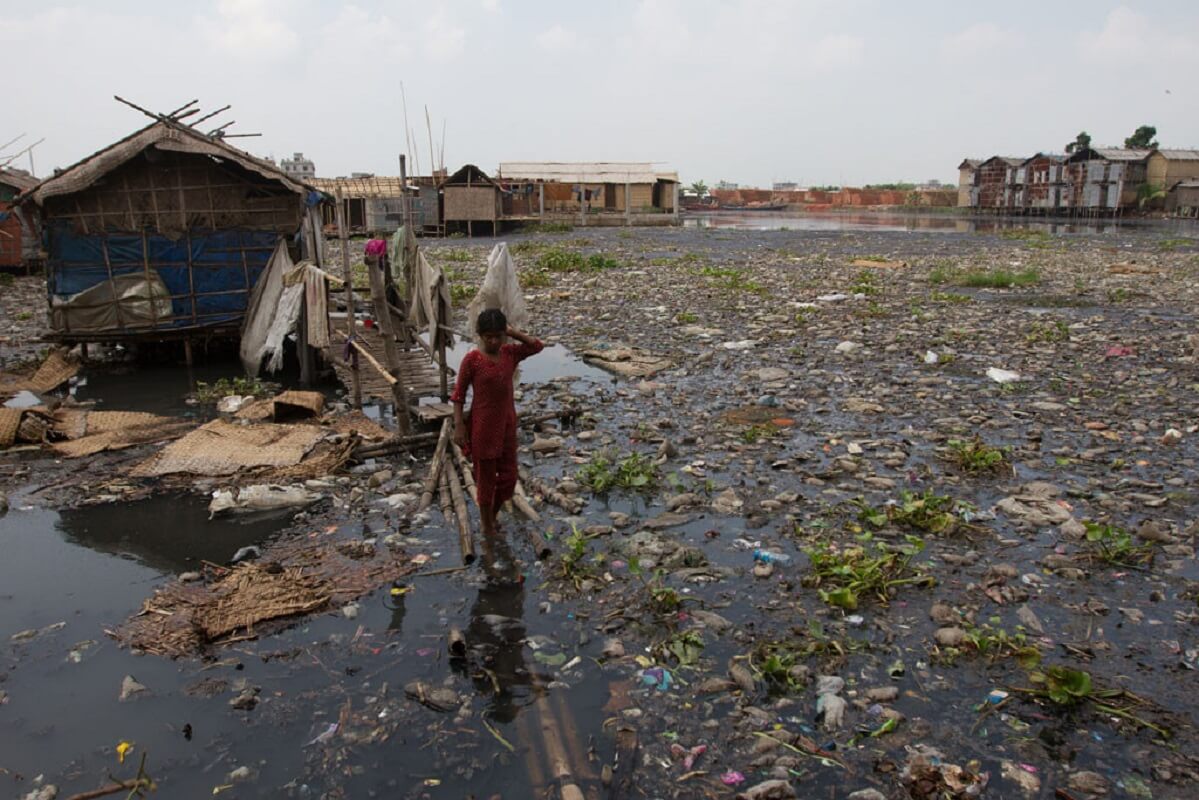
A recent report on global inequality by Oxfam pointed out that the wealth of the 10 richest men doubled during the Covid-19 pandemic. On the contrary, 99% of the world’s population faced income reduction.
The report argued that structural and systemic policy choices skewed the benefits favouring the richest while the rest were left in misery. Similarly, the United Nations acknowledged that the Covid-19 crisis had impacted the job market globally, and it could take years to recover it to the pre-pandemic levels.
The Oxfam report demanded government actions to reduce and eliminate this impending inequality. It mentioned that poverty nearly halved in the US in 2021 compared with pre-pandemic levels because of a temporary expansion of government programs. Similarly, Togo provided monthly benefits for all informal workers who lost work amid the pandemic. It is expected that governments would further implement redistributive mechanisms to tax rich people’s wealth and invest it for the rest.
However, the main issue remains obscured in the debates about inequality; we still hesitate to spell out that capitalism is an inherently flawed system that would eventually create disparities. Thus, to reduce inequality, we must radically change. But, first, we must acknowledge that the root causes of inequality and suffering are how we have structured our capitalistic society.
If we go over the history of our economies, it becomes evident that capitalism is based on private ownership of property, free market, and minimal government intervention. As such, everyone is on their own; transactions occur without many external regulations following the logic of supply and demand in a market.
In this process, three fundamental features are noticeable:
• People primarily produce not to consume but to sell
• The motive of production is profit-making, and hence, production does not directly meet our needs, evading market transactions
• Human labour becomes a commodity
For labour to become a commodity, one precondition is necessary. A segment of the population must not have access to the means of production, who then are forced to sell labour to the owners of the means of production in exchange for money. In selling labour, a worker loses control of how the labour will be used as well as the end product. The capitalist, being the owner of raw materials and tools, and paying for the labour, gets the end product, which is then sold for more than the initial investments.
In a capitalist society, the exchange or distribution of products occurs through markets -- everyone trades goods, contracts, and services to generate profit. However, profit could only be made by reducing the labourer’s share. While everything stays constant, labour generates surplus value and profit.
Therefore, the rate of profit can only be increased if workers are deprived. This is either done by increasing the working hours in the factories/workplaces or by improving the technology that increases the production rate, reducing workers’ share as they sell labour for a fixed amount.
Because of this unfair distribution of profit, the disparity among capitalists and the working class gets bigger. According to recent estimates, eight people own as much wealth as 50% of the global population. This is clear from the fact that during the Covid-19 pandemic, billionaires worldwide have amassed unprecedented amounts of wealth, and the working class is facing uncertainty, income reduction, joblessness, and misery.
In capitalistic reasoning, the illusion of progress holds our attention to aggregating indicators such as the gross domestic product (GDP) and its growth. Still, the reduction of inequality does not coincide. Elitist view of fair redistribution through a trickle-down process is never achieved.
In the book Capital in the 21st Century, Thomas Piketty argued that in a free-market capitalist economy, inequality rises faster than growth because the rich have become reliant more on asset wealth-income than salaries; therefore, old forms of redistribution such as income and/or corporation taxes do not ensure fair redistribution.
What measures could we apply?
We must implement universal basic income (UBI) and progressive taxes. But, one may argue that providing something like the UBI will make people lazy; contrarily, once the basic income is guaranteed, people will try new livelihood options and become entrepreneurs. This will work better than the trickle-down approach towards development that guides public investments only into the formal sectors and benefits the capitalists.
We can rely on a progressive income tax and taxes on inherited wealth to fund the UBI. Thomas Piketty theoretically proved that it is possible to set up an egalitarian economy if we can set income tax and inheritance tax around 60% to 70% for the rich. To apply this radical approach, we will need efforts on a global scale.
To achieve an equal distribution, we must uproot the moral basis of the capitalist system as the precondition. Piketty in Capital and Ideology argued that every epoch has developed “ideologies” that legitimize inequality in society. Certain discourses support the economic, social, and political rules that justify the existing social order.
The mega-narratives that dominate today’s world centre on property, entrepreneurship, and meritocracy. Modern poverty, ie, inequality, is perceived as “just” because it supposedly results from a “freely chosen process.” The neoliberal ideology professes that every individual gets equal access to the market and property. Thereby, the wealthiest individuals are treated as the most enterprising segment, and it is believed that, even if they amassed billions of dollars in assets, it would benefit the entirety of society in a trickle-down process.
In reality, meritocratic discourse is far from reducing inequality or poverty. Globally, we are facing the most unequal society in history. Yet, today, the world justifies this inequality by blaming the poor as lacking talent, virtue, or diligence.
Mohammad Tareq Hasan is an anthropologist and teaches at the University of Dhaka.
This article was originally published on Dhaka Tribune.
Views in this article are author’s own and do not necessarily reflect CGS policy.
